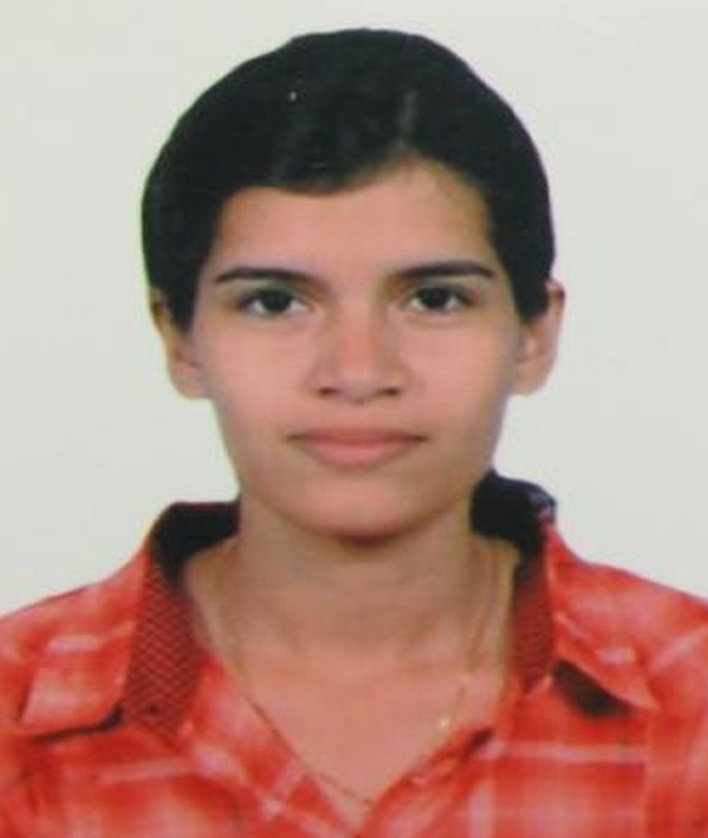Conflict Alerts # 14, 27 October 2019
 Nidhi Dalal
Nidhi Dalal
In the news
A state of emergency has been declared in Chile and the country is facing the worst unrest in almost thirty years now. The country has been under the grip of violent protests and curfew under martial laws has been imposed in some parts of the country. Chile’s President Sebastian Pinera has issued an apology and has promised reforms in the economic condition of the country. He released a statement promising to tackle issues related to prices of medicines and electricity, pension raises and medical insurances. Fifteen civilians have been killed so far in clashes that turned violent. Most of the deaths happened during the loot and burning in Santiago city. In six days of protests, the police have made more than two thousand arrests. Considering the violence and number of causalities, the UN High Commissioner on Human Rights Michelle Bachelet has decided to send a team to Chile to investigate human rights abuses against the demonstrators. A special prosecutor has been appointed to investigate charges of homicide and sexual abuse by the police in thirteen districts of Santiago.
Issues at large
Chile has been facing the worst unrest it has ever seen since the fall of Augusto Pinochet’s dictatorship. The movement started as a students’ protest against the hike in subway fares. Since then, the protests have engulfed most of the country with people joining the crowd to express their dissatisfaction. The protests were initiated by high school students, who remain the drivers of most of the social movements in Chile.
Chile is one of the wealthiest countries in the South American continent but also has the largest divide between the rich and the poor. The hike in subway fares was just an opening of a deeply festered wound of economic inequality in the country. Protestors have targeted markets, petrol pumps, and metro turnstiles, so on and so forth, and have more recently resorted to looting and burning them. The situation in the country has attracted global attention after a state of emergency was imposed. The fifteen-day state of emergency has seen the deployment of military and police on the streets which the people felt are used to repress and silence their voices. Cases have been reported against extreme police brutality. Protesters have not given up despite Pinera promising reform package as they feel he made statements without understanding the core of the problem.
In perspective
Chile joins the category of countries protesting for more transparent and democratic governance, and economic reforms to improve the living conditions. Pinera’s plans and proposals for reformation in the economic slowdown have been rejected by the protestors. People want a more proactive role of the government in managing the divide that has ruptured open between the rich and the poor. The government’s attitude is doing very less to quell the unrest and a section of the protestors have demanded the president’s resignation. Even though the resignation seems unlikely at this juncture, the government will have to roll out better social policies. It will have to make decision making more accessible to people if it aims to keep order and discipline in the country.
Nidhi Dalal is a Research Intern at the International Strategic and Security Studies Program, National Institute of Advanced Studies. She can be reached at nidhidalal93@gmail.com